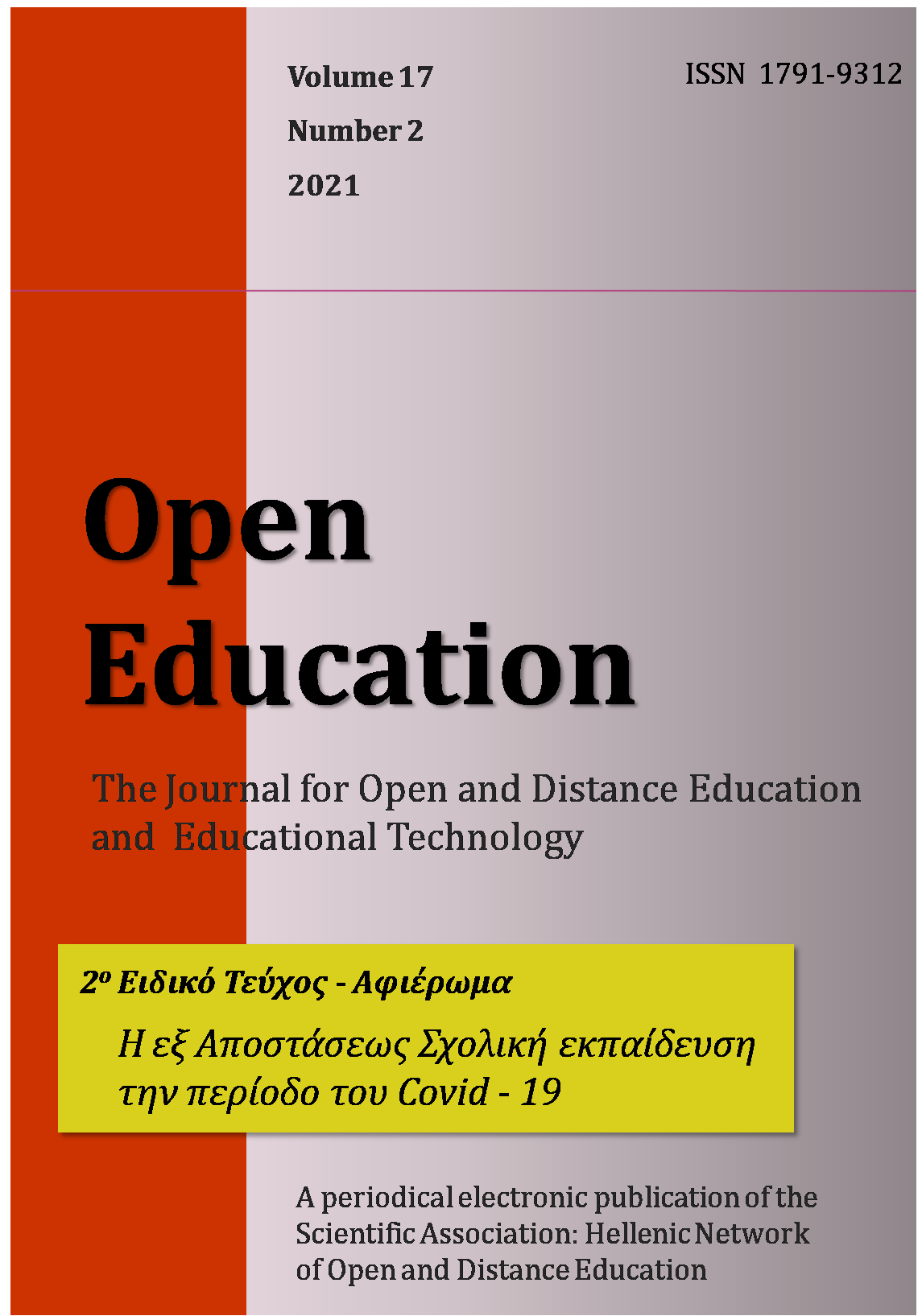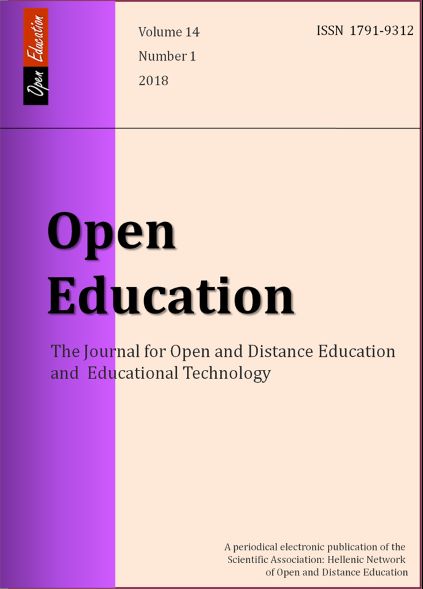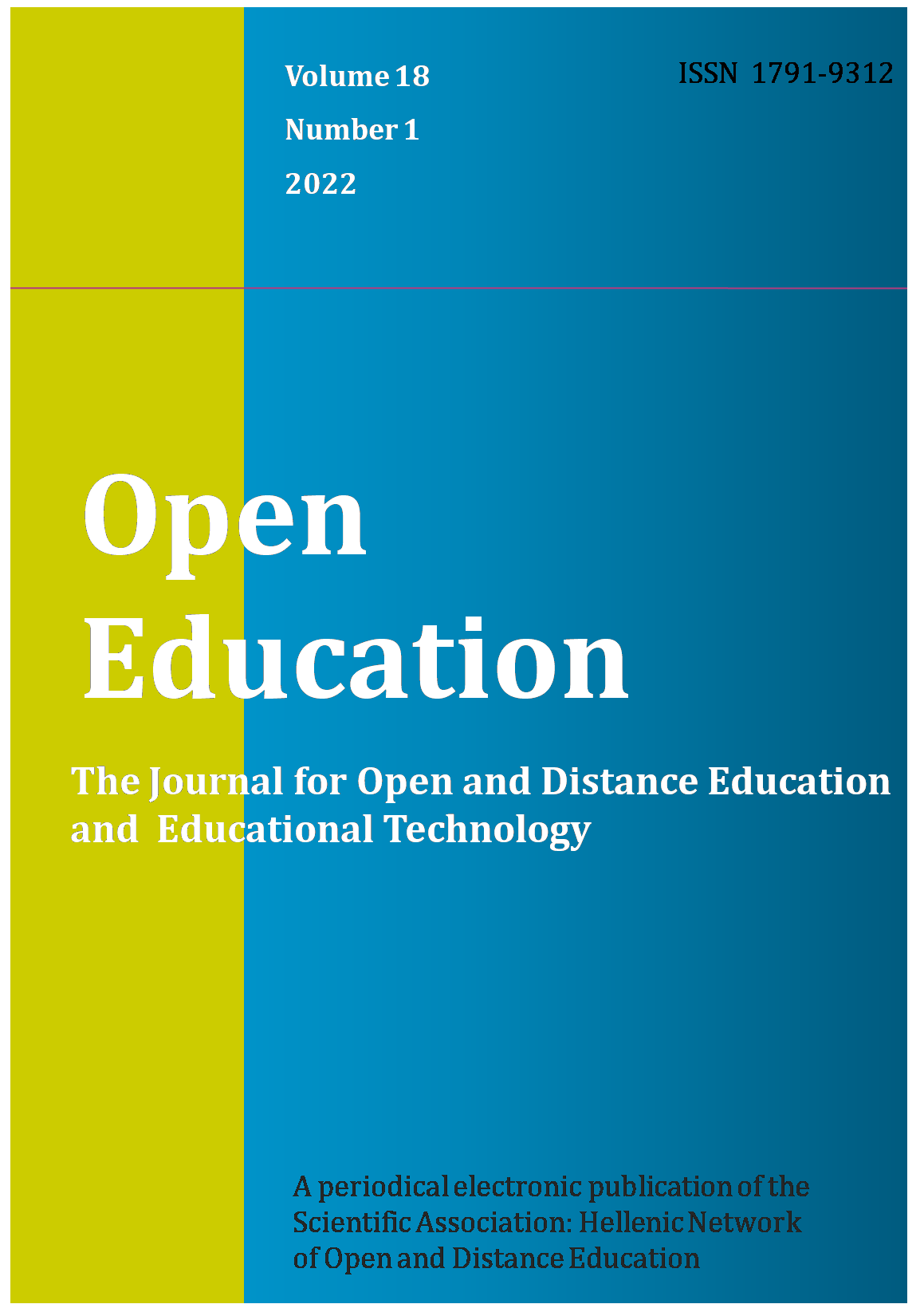Elements of unfairness in e-learning distance higher education in covid-19 era
Аннотация
Undoubtfully in covid-19 era one of the sectors seriously affected is that of education. More specifically, an issue widely discussed is that of the form of education offered to the interested parties under the new circumstances. Worldwide, at all levels of education (primary, secondary and tertiary), both educators and learners were forced by the exogenous factor of pandemic, not only to work at distance from their educational institution, but also to adjust in e-learning educational procedures in a very short time. Focusing on tertiary education, this rapid unavoidable change brought forward several educational issues and dysfunctions, as these are revealed from researchers’ publications. Though these issues and concerns are related to issues of unfairness, nevertheless this has not been pinpointed in literature. Thus, the aim of this paper is to identify which elements of unfairness are raised due to the constraints and dysfunctions occurred from the sudden change from face-to-face to online distance learning. For these purpose 15 related papers are critical reviewed. The results showed unfairness elements across countries, within countries, among universities, within universities and among students have been identified. More over two elements of unfairness have a horizontal impact in tertiary education since the beginning of the pandemic era. These unfairness issues highlighted seem that will engage the tertiary educational community and educational community in general, since distance education may become a dominant form of education in the near future. Thus, issues and concerns of fairness at distance education need to come to the proscenium.
Article Details
- Как цитировать
-
- Выпуск
- Том 17 № 2 (2021)
- Раздел
- Μέρος πρώτο / Section 1





